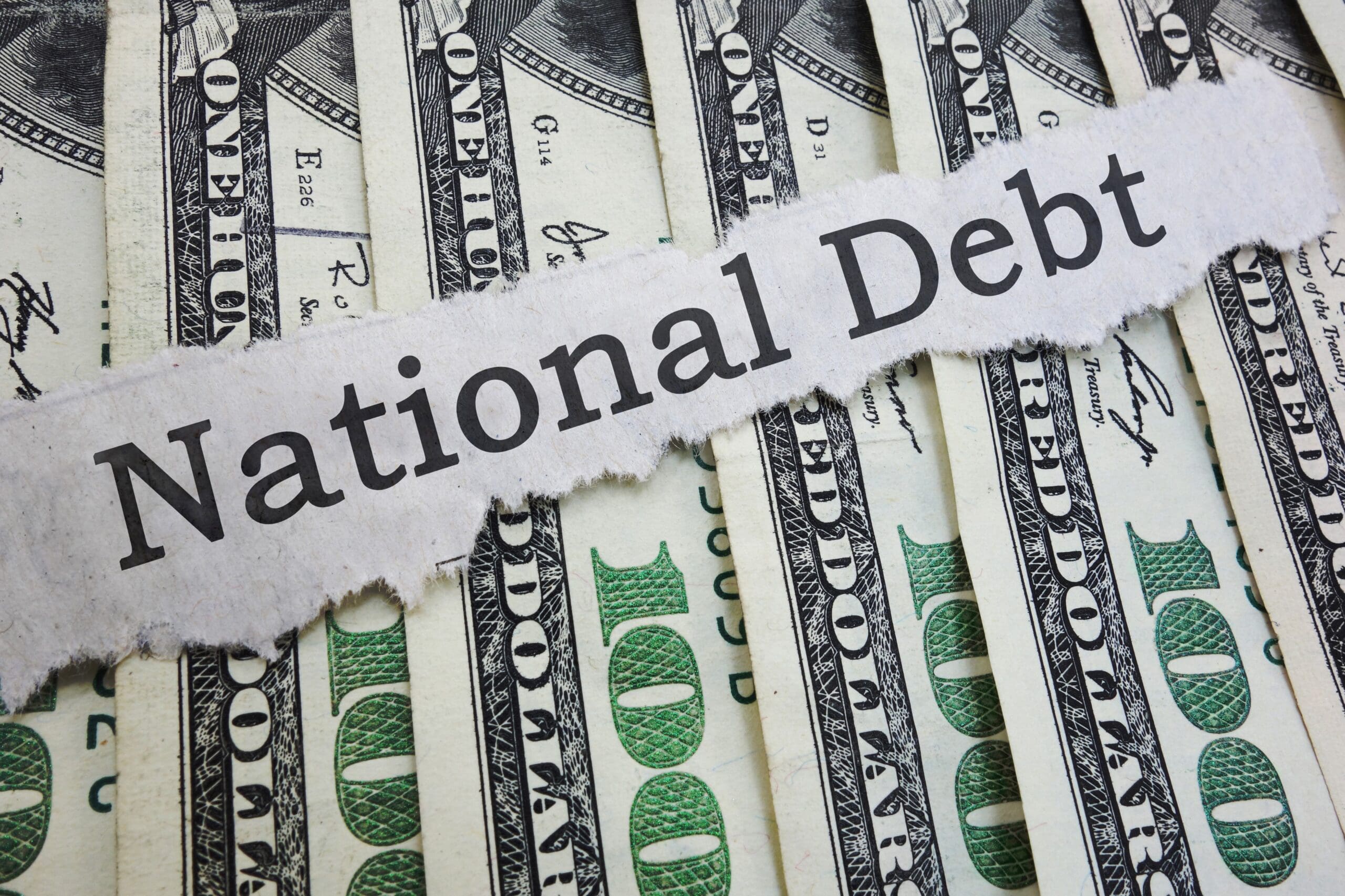Debt Ceiling Crisis, Severe Spending Cuts Could Cause U.S. Economy to Tailspin, Professors Say. Can You Offset the Potential Harm?

As a political showdown over the nation’s debt intensifies in Washington, D.C., a Cal Poly economics professor said even speculation about the United States defaulting on its obligations can negatively impact the economy.
“Just the threat of a default could rattle the stock market and trading in the U.S. dollar,” said Dan Seiver, who teaches economics in the Orfalea College of Business.
Meanwhile, a finance professor said that negative macro impact could trickly down to businesses and individuals.
“Overall, a U.S. debt default could impact U.S. individuals and businesses, leading to higher borrowing costs, weaker currency, higher taxes, economic recession, and potential losses in retirement savings,” said Mahdi Rastad, associate professor of finance. “It can also delay any payments from the federal government, such as social security, veteran benefits and paychecks for federal employees.”
Treasury Secretary Janet Yellen recently told Congress the U.S. maybe be unable to pay its bills as soon as June 1 unless lawmakers raise the debt limit – the total amount of money that the U.S. government is authorized to borrow to meet its existing legal obligations. But Democrats and Republicans have been deadlocked over raising the nation’s $31.4 trillion borrowing limit, with some Republicans threatening to withhold support for an increase unless it is accompanied by significant spending cuts.

Economics Professor Dan Seiver
Congress has raised the debt ceiling 78 times since 1960, according to Forbes.
Seiver says debt is normal – and not always a bad thing.
“The U.S. economy could not function without debt,” said Seiver, a Yale-educated economist who appeared regularly on the PBS show “Nightly Business Report.” “Many Americans have mortgage debt, which is the only way they could afford to own a home. Many students have student debt for the same reason. And most corporations have debt, including highly profitable ones, like Google. Modern capitalist economies would be much poorer if we all decided to ‘neither borrower or lender be.’”
If the United States defaults on its debt, though, there could be a ripple effect.
“The economy could easily tailspin into a major recession, with rising unemployment,” Seiver said. “At the same time, lenders will be less willing to lend to the U.S., meaning interest rates could go even higher.”
In general, higher interest rates can make borrowing for homes and cars more expensive. The Fed has already significantly raised the interest rate in an attempt to curb increased inflation.
But a default would have a more serious impact than recent interest rate changes, said Rastad, a former research fellow at the University of Illinois, where he received his doctorate in economics. One example would be retirements.

Finance Professor Mahdi Rastad
“At the individual level, a U.S. debt default can directly impact retirement savings invested in the stock market, bond market and other assets,” he said. “Retirement savings can suffer from a decline in the stock market resulting from concerns about stability of the U.S. economy, a decline in the bond market resulting from higher yields demanded by investors for taking extra risk, and an outflow of capital from U.S. markets to more stable markets in the world.”
Rastad is careful to note that the looming crisis isn’t necessarily new.
“Congress has raised the debt ceiling at the last minute before,” he said.
But while the debt ceiling has been raised repeatedly, many Republicans in the House of Representatives view this instance as an opportunity to demand cuts — and that could make this showdown different, Seiver said.
Even if Congress were to agree to significant spending cuts, which Democrats have resisted, Seiver warned, that could also have a negative impact on the economy.
“Government spending cuts proposed by conservative Republicans would force many Americans to cut back their own spending,” Seiver said. “Think of older Americans who rely almost completely on their social security checks to get by. These cuts in spending will then lead to further cuts as businesses see a drop in demand for their goods and services – leading to layoffs spreading throughout the economy.”
Debt itself isn’t a concern, Seiver said as long as the level of debt is sustainable and can be serviced.
“For the federal government, reducing the debt would require a surplus in the government budget, which would mean some combination of over a trillion dollars of cuts in spending and tax increases,” he said.
The debt we currently have, which is both sustainable and serviceable, was incurred by laws approved by both Republican and Democratic administrations, Seiver said.

The political showdown over the national debt could cause a recessions, says Economics Professor Dan Seiver. (Adobe stock)
“It would be irresponsible not to pay what we owe,” Seiver said. “When Americans agree on taxing ourselves more heavily and cutting back future spending, we will have a more ‘responsible’ budget.”
While the fate of the economy seems in the hands of Congress, Rastad said there are some measures individuals can take to minimize the impact to retirement savings and investments.
“Investments in bond market can be shifted away from short-term securities to long-term securities given that long-term rates tend to be more stable,” he said, though he cautioned that the maturity of those longer-term investments should not exceed the time you expect to cash out those investments.
Meanwhile, he said, stockholders could react strategically. For instance, they could shift investments toward export-oriented businesses that are likely to benefit from weakend U.S. dollar or multinational corporations with significant revenues in other currencies.
“Finally, investment in real estate, especially sectors that benefit from a potential flow of foreign investment, such as commercial real estate, high-end residential real estate, and hospitality can provide a hedge for your portfolio,” he said.
